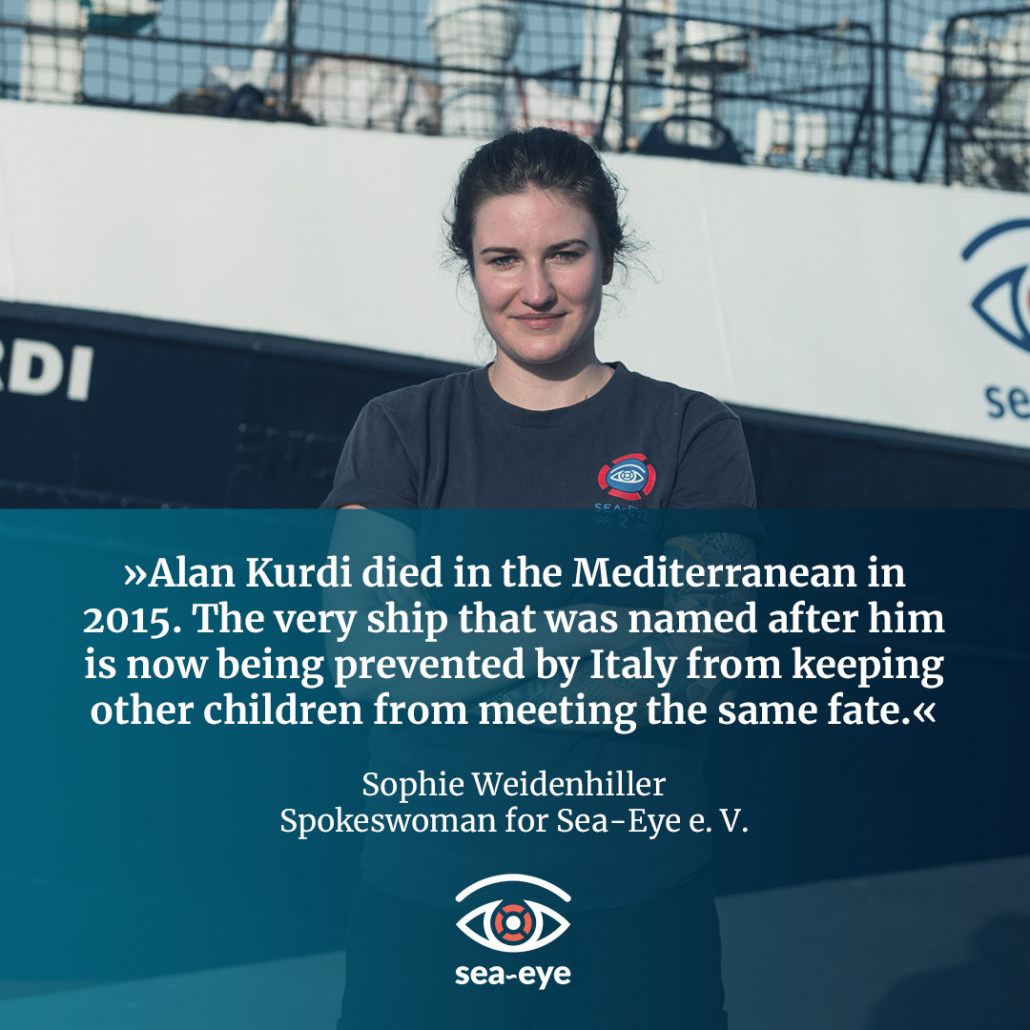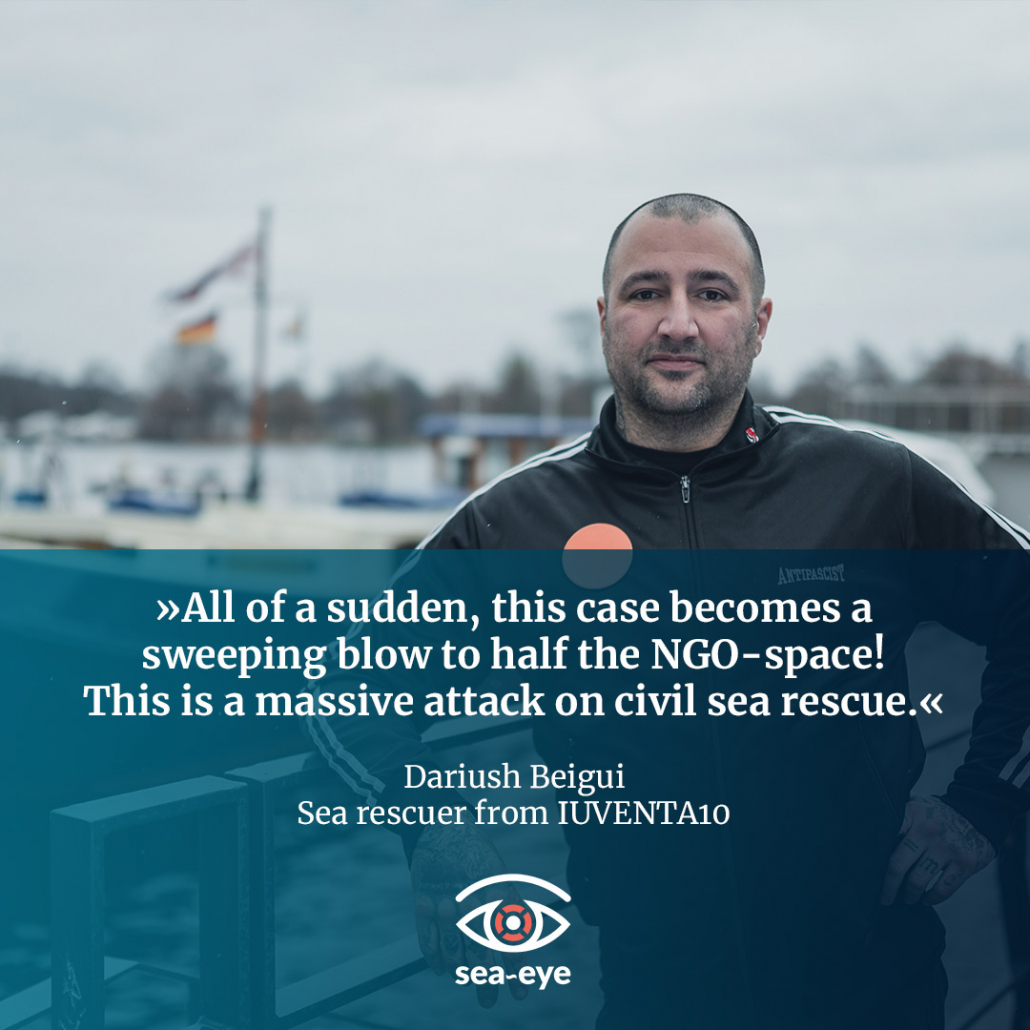April 22nd, 2021, 9:35 PM
Before I started to write this text, I was busy with day-to-day NGO business. Writing emails and working on documents mostly. And then I checked my phone and what I saw was horrifying. I had to stop what I was doing and instead I wrote this piece – it’s my raw thoughts and feelings, and it’s a plea – a plea for humanity.
Tonight my cellphone beeped and what popped up was a tweet by our SAR NGO colleagues SOS Méditerranée. Yesterday we had already heard about a woman and child dying while attempting to cross the Med. Suffice to say it’s not quite a premonition to get a weird feeling in your gut whenever you receive a tweet from the search-and-rescue zone in the Mediterranean Sea. As soon as I read the first few words I could feel myself choking up. I clenched my jaw. An all too familiar feeling, since having started to participate in civil sea rescue three years ago.
In that tweet, the NGO reports that “after hours of search, [their] worst fear has come true”. They are talking about one of the search-and-rescue cases that they were alerted to: 130 people aboard an unseaworthy boat in the middle of the central Mediterranean in rough seas. They tried their best to save those people but were forced to experience what is the worst fear for anyone in sea rescue: they were too late.
Ca. 130 human lives were lost at sea, again. There was no state-side support for the search and the rescue of these persons, all authorities refused to take responsibility to prevent this loss of life, as they have so comfortably accustomed themselves to.
Only the lifeless bodies of some of the people were recovered by the Ocean Viking crew. The crew aboard this rescue vessel had to face tonight, what European politicians refuse to face: man-made human suffering beyond imagination.
This keeps happening to me: I write about civil sea-rescue I research the number of victims who died up to the current day. And almost every time, from the time I start writing a text, like this very one you are reading right now, till my colleagues have proofread it or an interview gets published by the media: the number has already increased. Only hours ago I gave a radio interview and reported about the 448 deaths this year so far. Shortly after, I checked again and the IOM’s missing migrants page already displayed 450 people who died. Although, that’s not even including the victims SOS Méditerranée and Alarmphone just informed us about. These yellow numbers on a blue background and map of the space between Africa and Europe – it has become an agonizing ticker to me: a constant reminder of how we continue to fail to protect those most in need of rescue, protection and support.
Human rights don’t just end at our borders – but it is where they are currently drowned.
In 2021, hundreds of people have died already trying to save their lives and make it to safety but have instead lost their lives, due to the reckless, cruel, inhumane and deadly so-called EU Migration and Asylum policies. And the death toll would have been even higher if it weren’t for civil sea rescue organizations – like our brave and dedicated colleagues – who won’t give up or back down and continue to conduct sea rescue missions no matter what complications they face.
More than twice as many people have died while trying to cross the Med this year, compared to last year. More than twice as many have died in total, than during the same period in 2020. This route is getting deadlier by the day, while the EU refuses to do abide by international laws or even show simple human decency and while the responsible authorities sit idly by, an accessory to this intentional negligence.
I salute the crew of the Ocean Viking, I hope it somehow suffices for them to know that at least they tried their very best. I cannot even imagine how they must feel, only being able to salvage bodies, the fear of death still etched into their faces, instead of being able to provide assistance to living, breathing human beings.
I feel enraged, I feel deeply saddened. I feel frustrated. I feel many things. I will continue to feel it all, every single time with every single death notice. Because I refuse to get used to this. I cannot and I will not. Ever. And I know that there are so many people who feel the same way. And this is crucial: because it is not about me, not in the least. It is about the people who lost everything they had including their literal lives. We need to continue feeling sad and we need to stay angry, stay vigilant, we must not stop caring. However, these feelings need to guide us into action. We must act. We need to stand up for the people who die at our borders, at the will of our politicians, and we need to be loud and clear: We do not want or accept these deaths to occur. We, as Europeans need to do better. Now!
Finally, and most importantly, my thoughts, my prayers, my heart goes out to the ones who lost their lives today, in such a tragic, preventable way. Those who cried for help and no one came, no one made it in time. The same goes for every single person who has suffered such a fate or has lost a loved one to this madness we dare call border policies. I know there’s nothing anyone can say or do to ease their pain or to bring anyone back to life.
The only thing that we can do is to promise to do better, to help better, to be better allies, to continue to fight for human rights and to prevent the loss of life at sea as best we can.
Europe, we can do better. We must do better.
Sophie Weidenhiller,
Intl. spokesperson for Sea-Eye, SEA-EYE 4 crew member, but most of all: fellow human
Source:
https://sosmediterranee.com/statement-ocean-viking-witnesses-aftermath-of-deadly-shipwreck-off-libya/
https://missingmigrants.iom.int/region/mediterranean?migrant_route%5B%5D=1376&migrant_route%5B%5D=1377&migrant_route%5B%5D=1378
Photos from a rescue mission involving Sophie Weidenhiller from 2018.

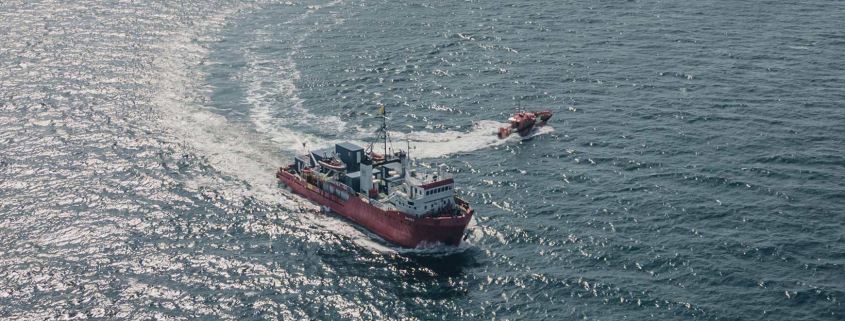
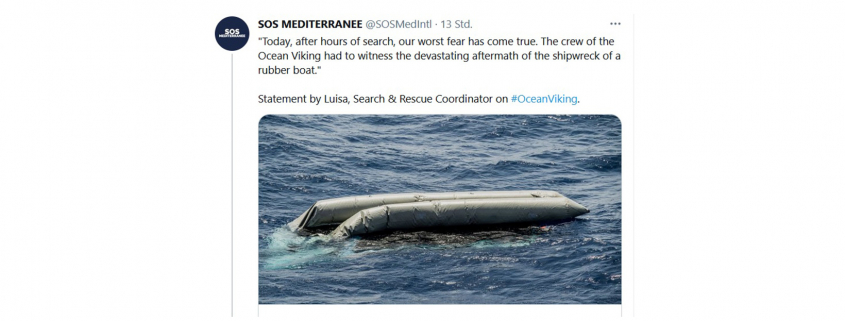
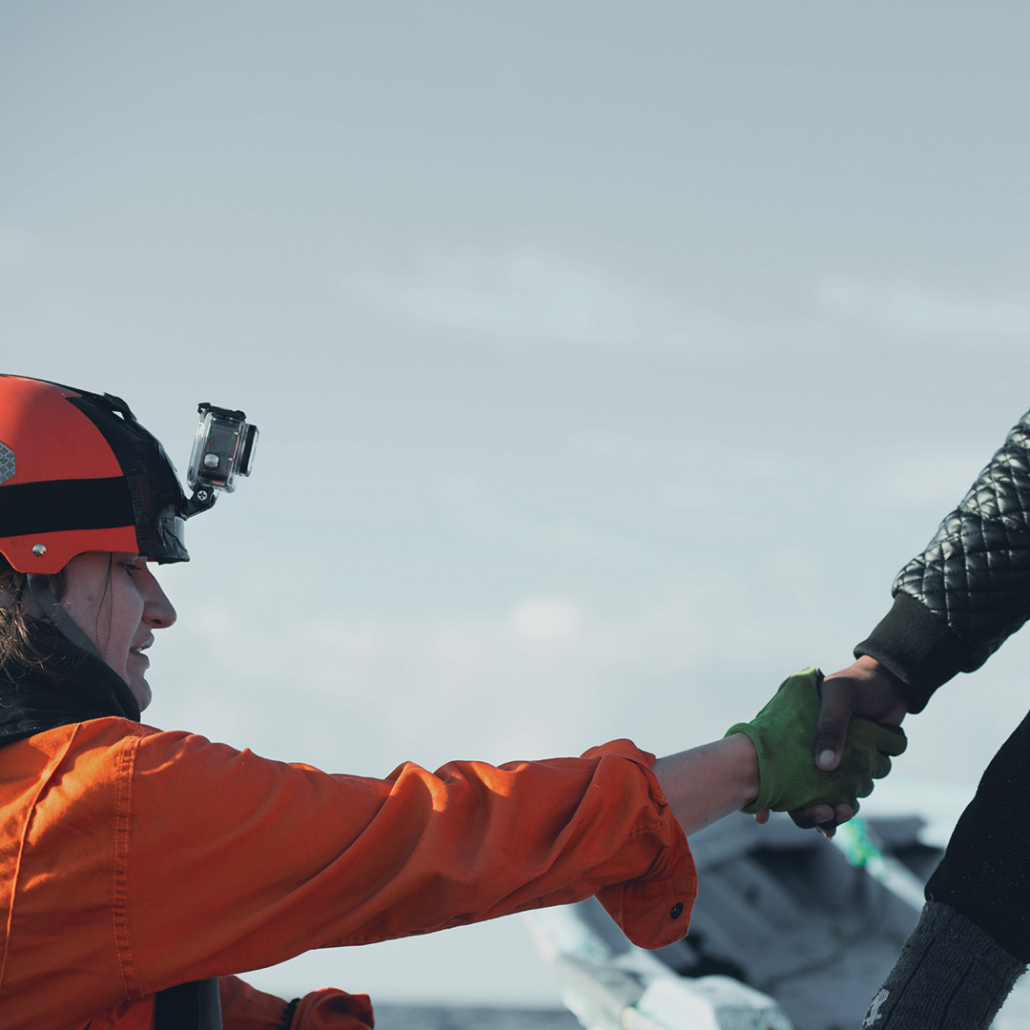
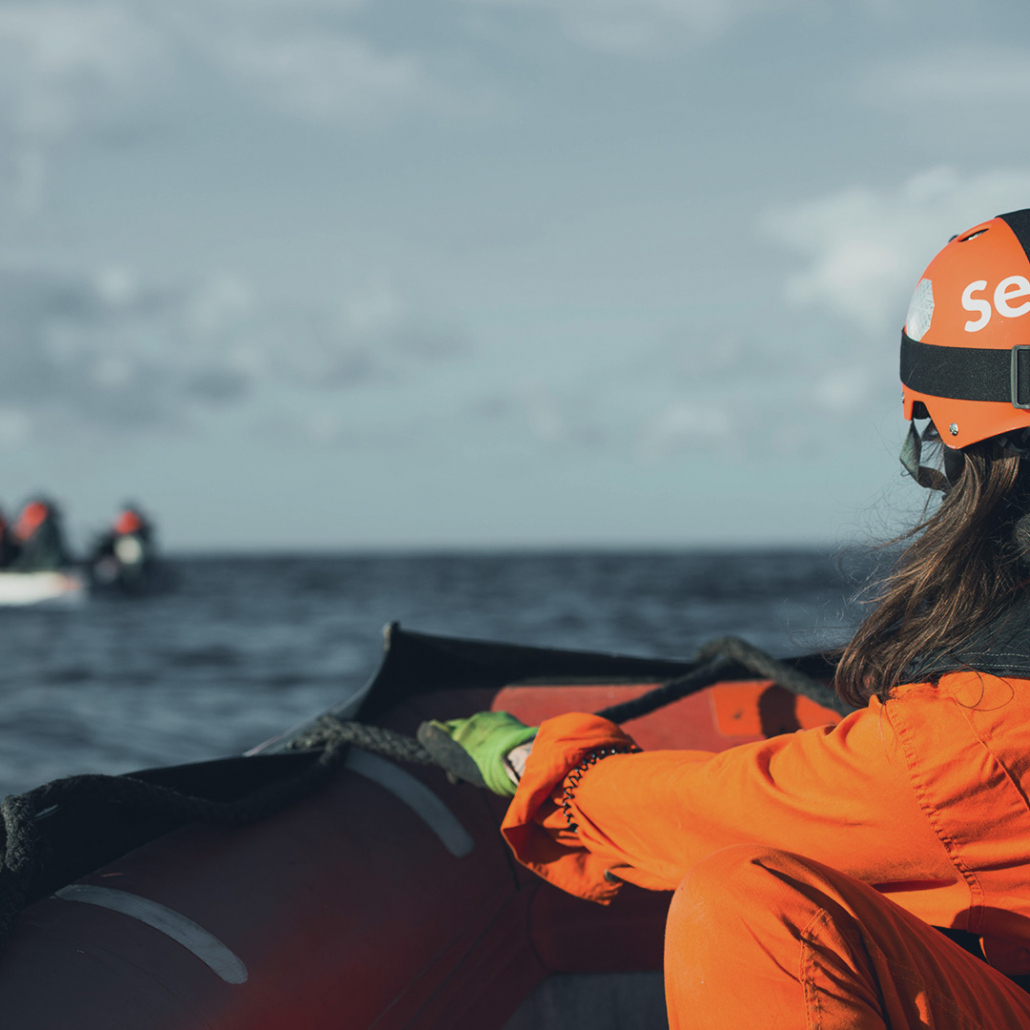
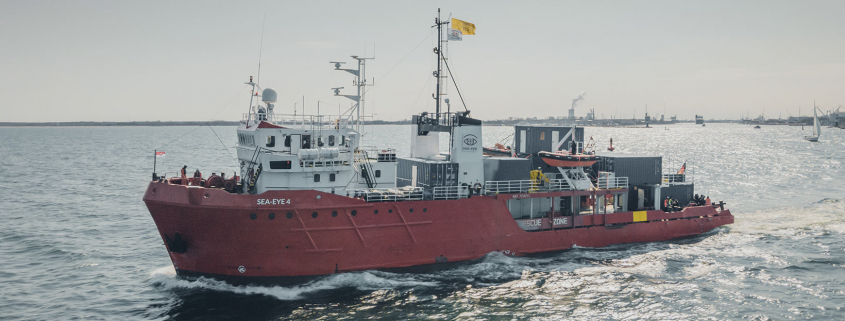 © Maik Lüdemann & sea-eye.org
© Maik Lüdemann & sea-eye.org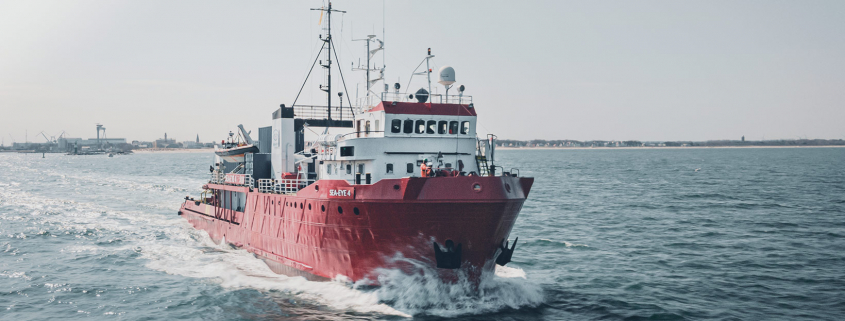 © Maik Lüdemann & sea-eye.org
© Maik Lüdemann & sea-eye.org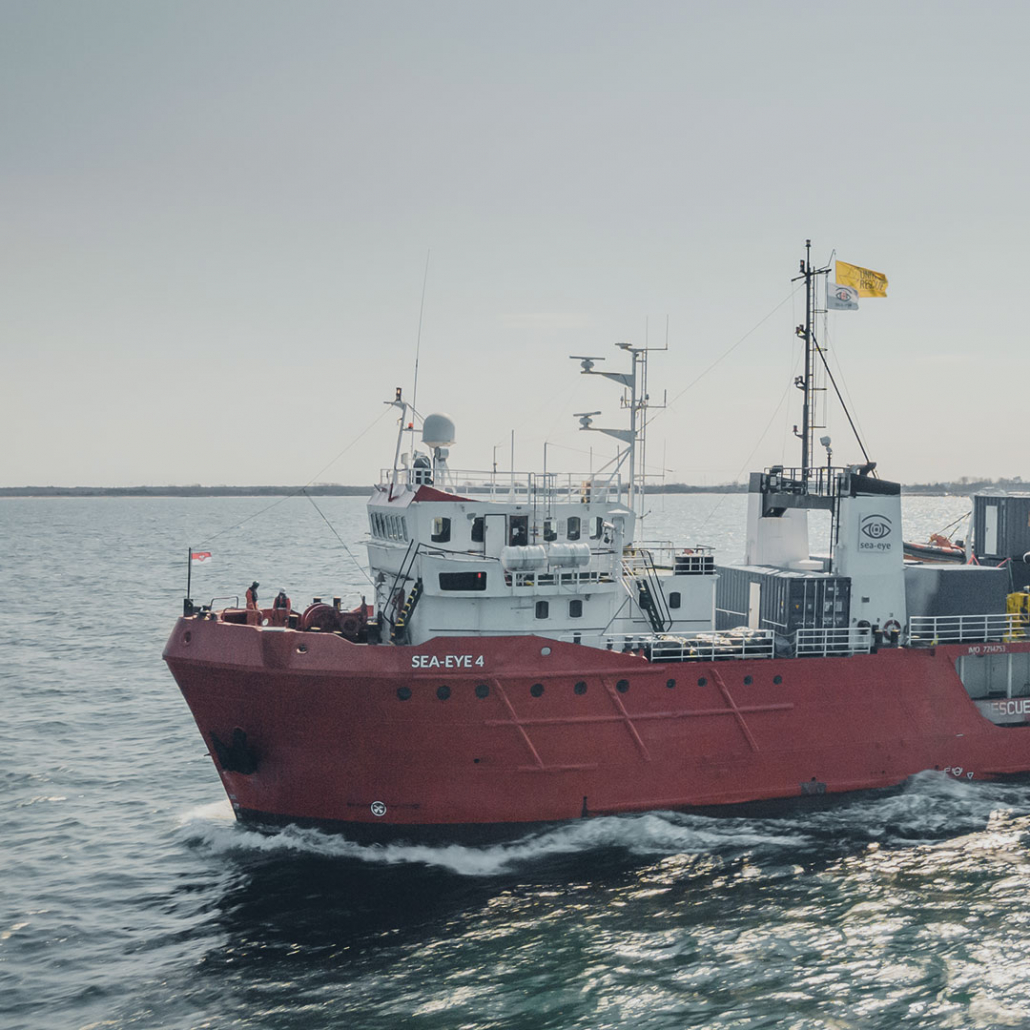
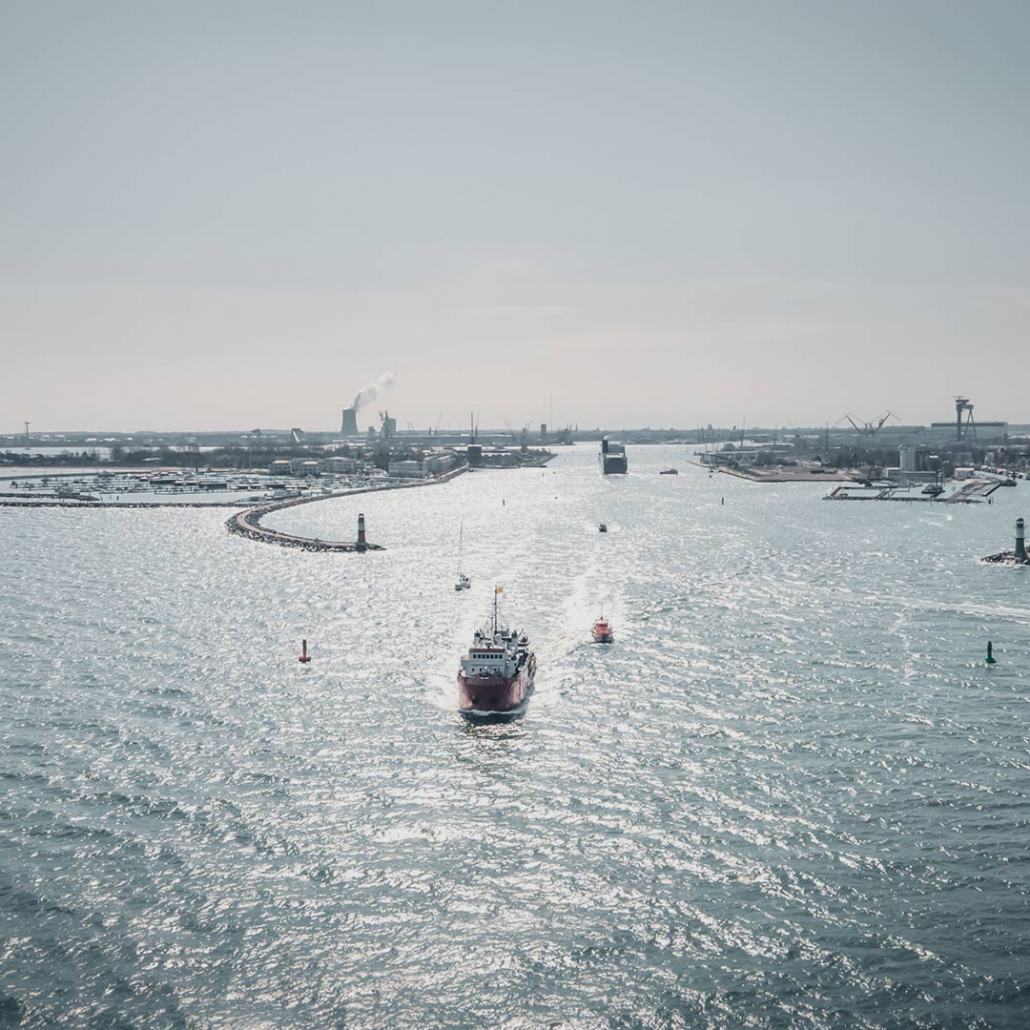
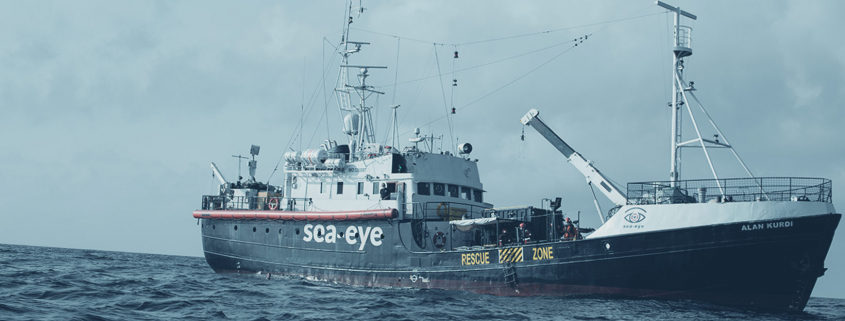 © sea-eye.org
© sea-eye.org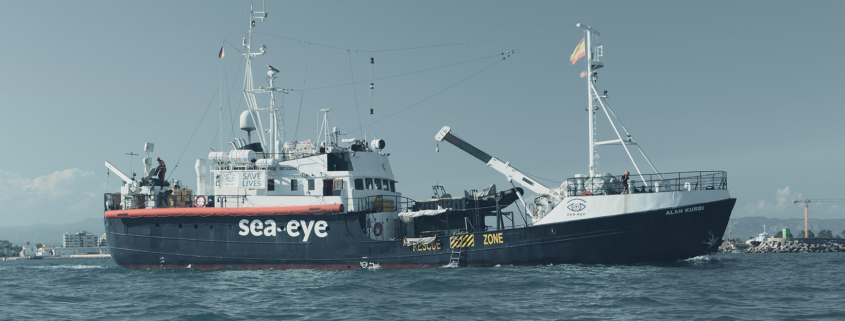 © Joris Grahl & sea-eye.org
© Joris Grahl & sea-eye.org